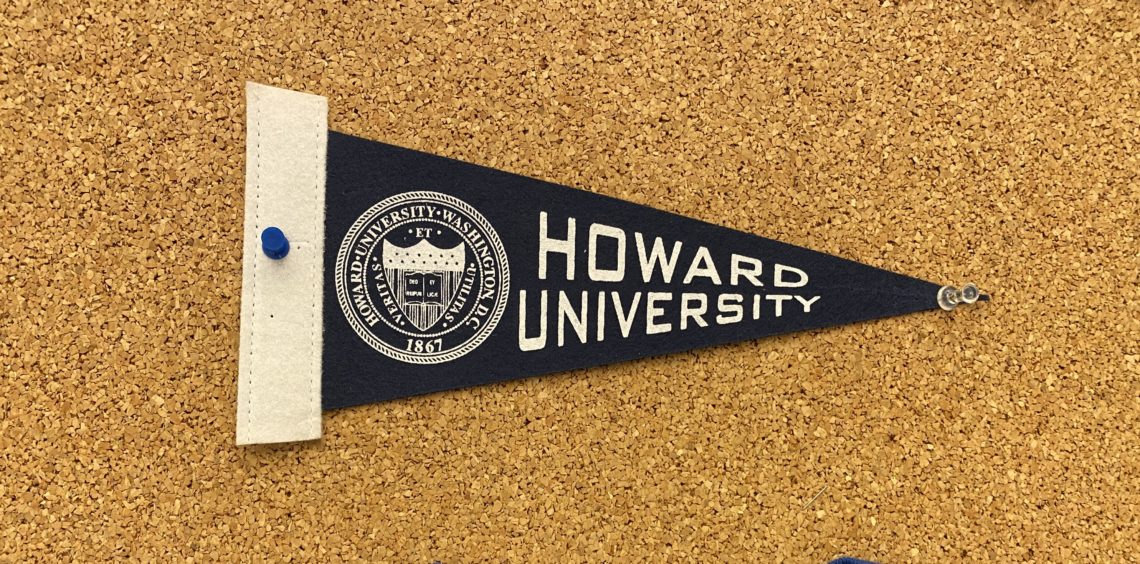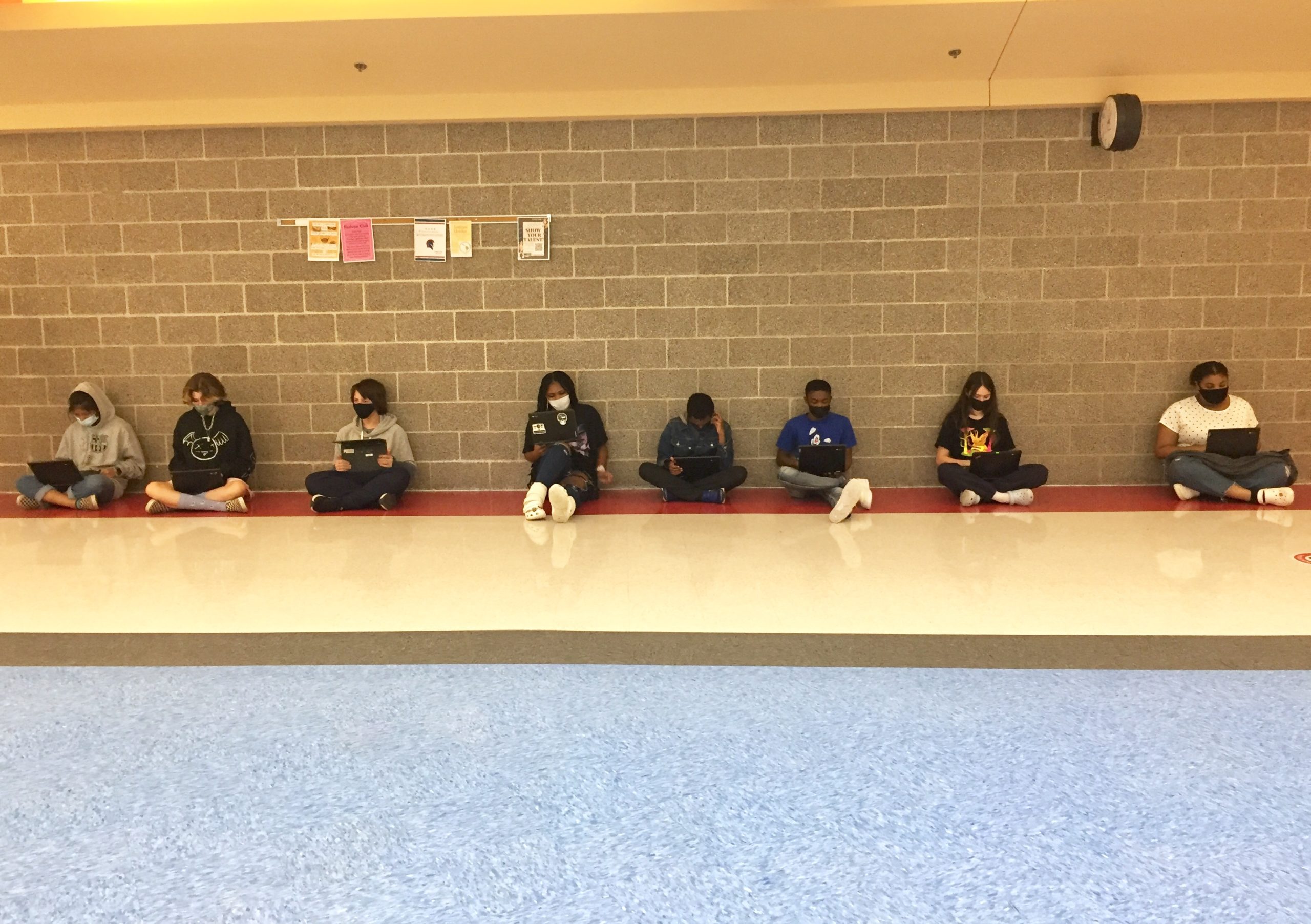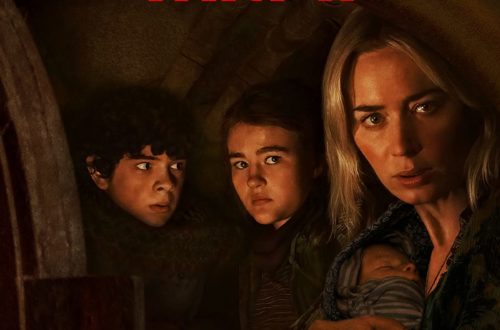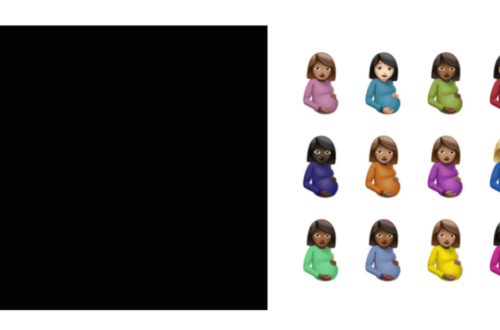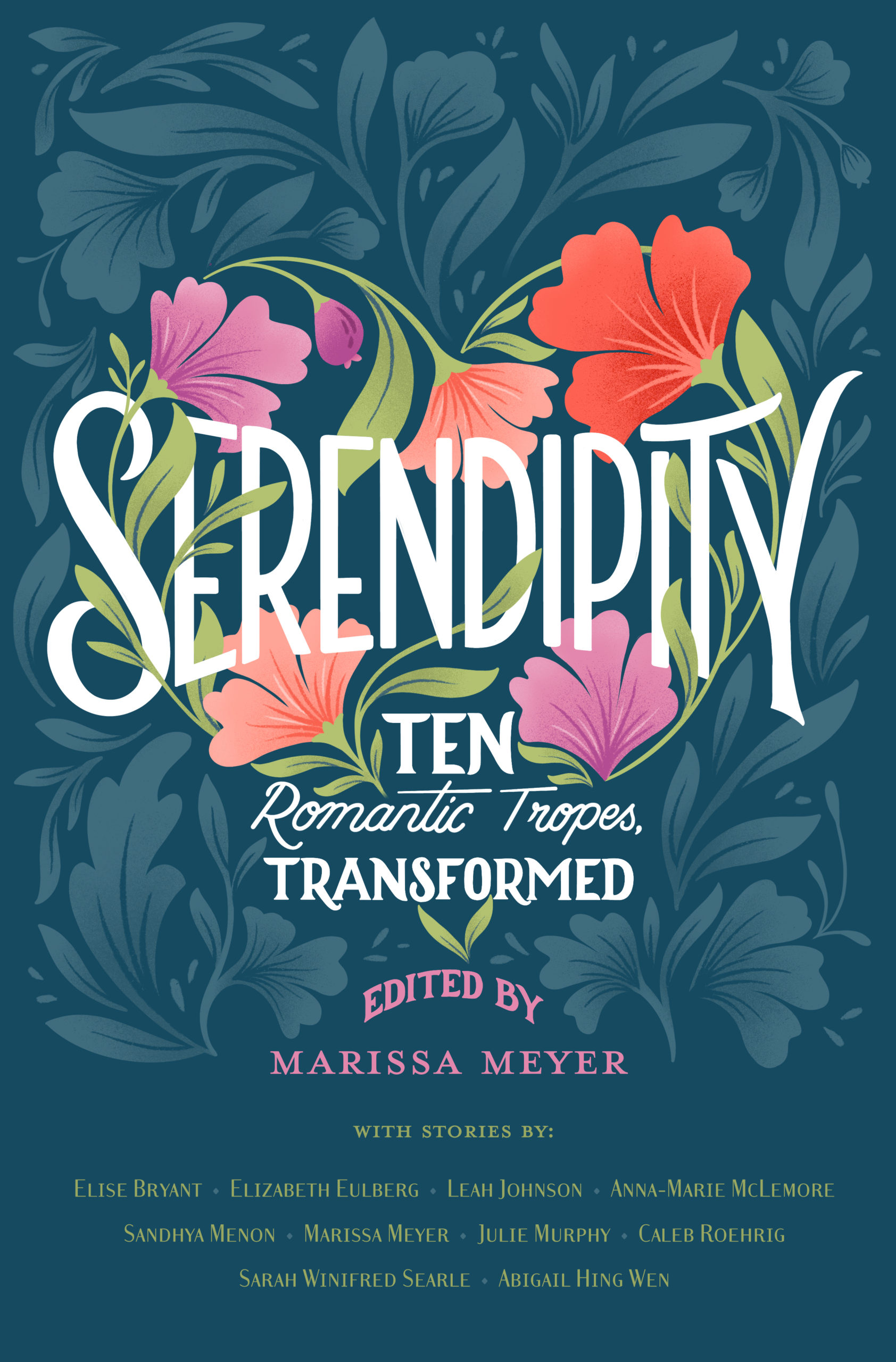Historically Black Colleges and Universities provide enormous benefits to the budding adults of American society.
Emily Milton
Staff writer
Many students in the tedious college application process struggle with what schools to apply to or don’t even know where to begin. This fear of the unknown makes students limit their options to schools they may be overly familiar with, or where their friends are going, when students may fit better at a different school that can help them thrive academically. Students may disregard Historically Black Colleges and Universities, as they do not know that they are accessible to them or they do not realize what great benefits they can offer.
HBCUs are post-secondary institutions that were previously only open for Black students because of the racism and segregation that didn’t allow them to attend white colleges and universities. In Virginia, there are 5 HBCUs: Virginia State University, Hampton University (Private), Norfolk State University, Virginia Union University (Private), and Virgina University of Lynchburg (Private). There are many more throughout the nation, some of the more popular being Spelman College (Georgia), West Virginia State University (West Virginia), Fayetteville State University (North Carolina), and Howard University (Washington D.C.).
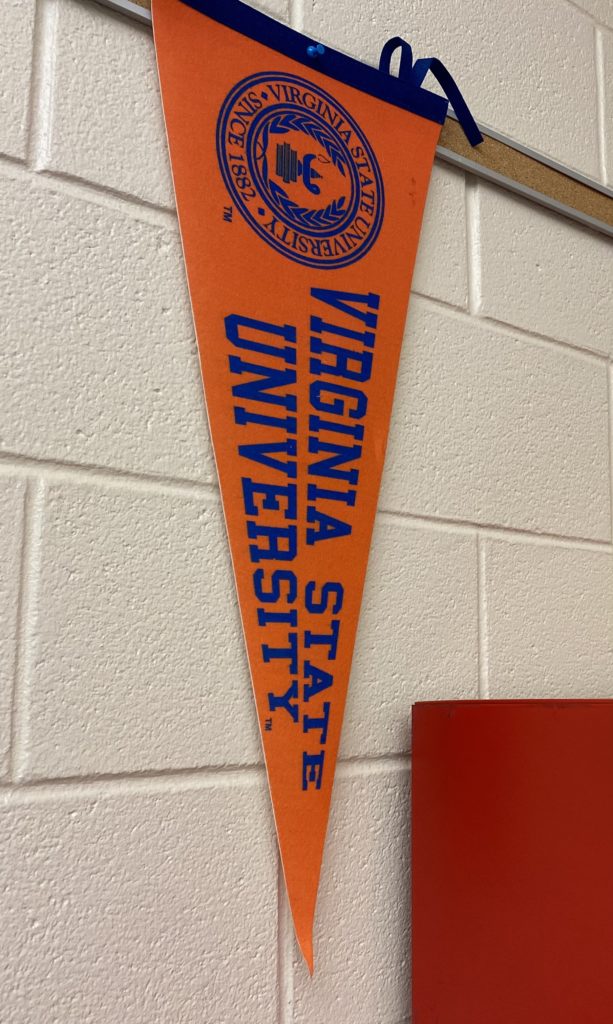
The background of HBCUs isn’t as widely known as it should be, and many students do not understand the cultural impact that these schools have had on Black history. Cynthia Bennett, a graduate from Florida A&M University, said, “Absolutely [the histories of HBCUs should be taught in schools]! And it should be just called American History, because that is exactly what it is.”
In a similar statement, Stacy Morris, Counselor at the Alexandria City High School College and Career Center, agrees that students should be educated more on these unique institutions. “People always assume that Black history is about slavery; that is not my history. That is the oppressor’s history.”
The history of HBCUs is also widely overlooked. Judith Vaughn, Hampton University graduate, recalls a story of her mother’s educational experience, “…my mother, a 1941 graduate of HBCU Morgan State University was legally prohibited to attend the University of Virginia…The Commonwealth of Virginia paid her tuition to commute to New York City to attend New York University of Education, Health, Nursing and Arts Professionals where she graduated with her Masters in 1948. Not unlike many Black professionals in the state of Virginia in the 1940s who had to go out of state to earn a Master’s or Doctorate degree or attend medical school.”
HBCUs offer a place of community for Black students with people who share similar experiences and offer a sense of belonging that a non-HBCU may not be able to give them. Bennett said, “So the thing I love about HBCUs is that you have a voice and you genuinely feel that your voice, thoughts, and ideas matter. You aren’t drowned out by a majority culture that sometimes can be dismissive of the Black experience.”
If students of color are to thrive, they have to be able to feel confident enough to learn and speak up, while also not being afraid of sharing their experiences and intellect. As Ali Jenkins, FAMU graduate, said, “[It] provides a brief moment in time when [students of color] won’t feel like a minority or an outcast.”
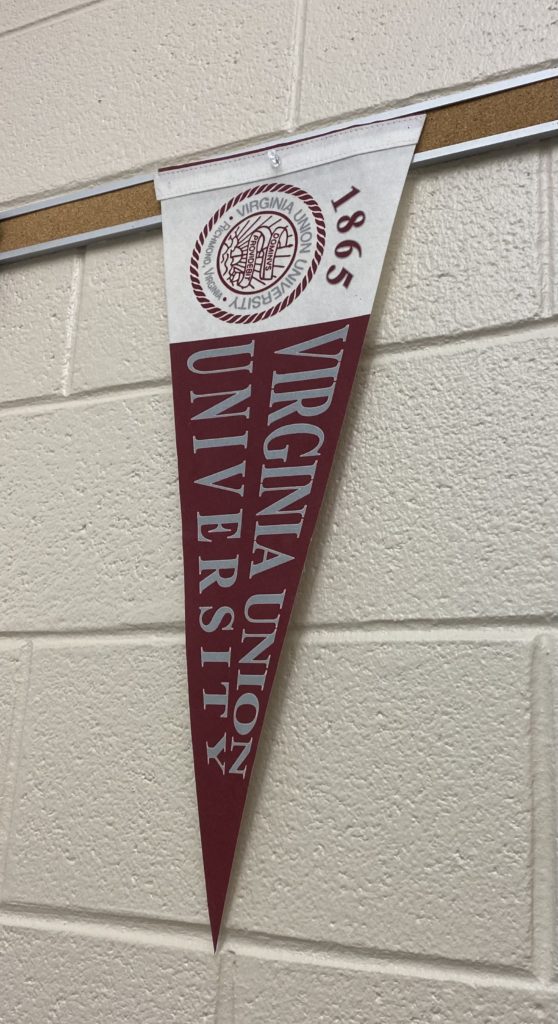
While providing the essence of belonging, HBCUs also offer numerous personal benefits for students. Morris said, “Data shows an impact in higher graduation rates. [There are] smaller classroom sizes, a greater mental health stability…it’s a big deal”
Vaughn said, “…students experience a sense of pride, self-esteem, purpose, options for Black & African class subjects, more professors of color…”
Not being the only Black student in a room also gives students a chance to know they aren’t the only one that genuinely wants to learn. “For me, I went to a mostly white high school and I was enrolled in AP [Advanced Placement] and advanced classes and was often the only black person in the room…I used to wonder if there were other Black students like me. So it was really wonderful to see so many other equally talented Black students in college. It felt good!” Bennett said.
Students of color historically have a lower graduation rate and lower college track rate. Jenkins said, “[Black students] are not expected to attend college and are not shown how to properly apply for college or shown what colleges are looking for in an application.”
Judith Vaughn, Hampton University graduate, said, “Students of color have almost always been at a disadvantage when it comes to equity, but the inequities have gotten more acute after the pandemic.
Morris, who has helped students at ACHS complete college applications since before the pandemic, said “As of 2021, after COVID-19, yes [Black students are disadvantaged in the college application process]. There has been a reduction in applications for FAFSA…[Black students] are not at a complete disadvantage, because they are not always college-going… but I have seen that data, so yes, [Black students are disadvantaged].”
Black students are in the majority at HBCUs, but they are not exclusively for Black people. HBCUs have opened to be more open for all communities and encourage different experiences of different races to be shared and explored. In this generation, which is filled with new ideas and changing mindsets, it is even more critical for diversity in every aspect to be explored. FAMU graduate Njeri Gichia said, “For those non-Black students that are brave enough to attend an HBCU, I think they can learn a lot about culture and improve their diversity experience.”
When asked why they chose a HBCU over a non-HBCU, Gichia and Bennett both respond that the scholarship opportunities offered by their HBCU were their deciding factor. Gichia said, “Because I was going to be able to go to school for free, I chose FAMU over Harvard. I also chose FAMU because I grew up in a predominantly white neighborhood and didn’t really know what it meant to be ‘Black’ since I grew up half African. It was definitely the right decision.”

